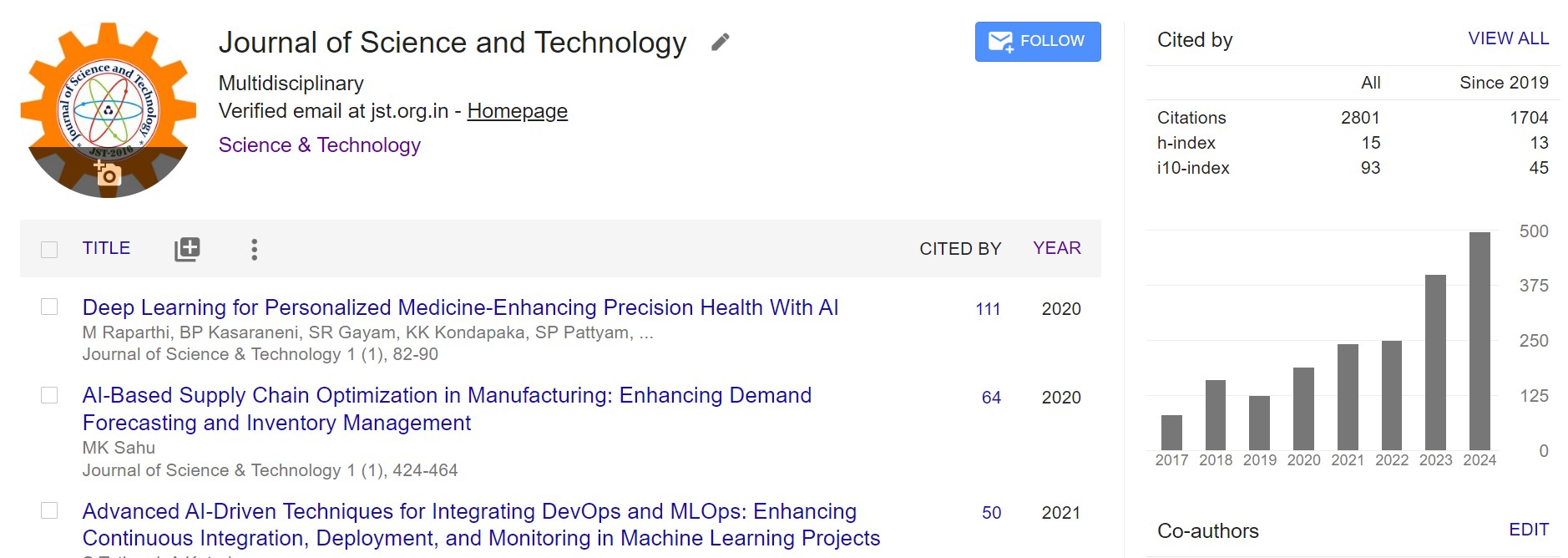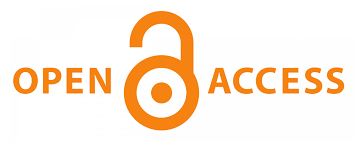EFFICIENT PRIVACY PRESERVING MEDICAL DIAGNOSIS ON EDGE COMPUTING PLATFORMS
DOI:
https://doi.org/10.46243/jst.2024.v9.i1.pp1-10Keywords:
Edge Computing platforms, Medical Diagnosis, Privacy PreservingAbstract
The advent of edge computing has revolutionized various industries, and healthcare is no exception. Edge computing involves processing data closer to its source, enabling real-time analytics and decision-making. In the healthcare sector, the integration of edge computing offers advantages such as reduced latency and enhanced privacy protection. The conventional system for medical diagnosis often involves the centralization of sensitive patient data in cloud-based platforms. While this facilitates data storage and processing, it raises concerns about data privacy and security. The transmission of medical data to centralized servers introduces latency, potentially hindering real-time decision-making, a critical aspect in healthcare. Furthermore, the conventional system may not be optimized for resource-constrained environments, leading to inefficiencies in computation and increased processing times. Data breaches in centralized systems pose a significant risk to patient privacy, and the potential consequences, such as identity theft and discrimination, underscore the need for a more secure and privacy-preserving approach to medical diagnosis.The proposed system introduces a paradigm shift in medical diagnosis by leveraging edge computing and the Extra Tree Classifier algorithm. Extra Tree Classifier is chosen for its efficiency and accuracy in handling medical data. The key focus of the proposed system is to ensure privacy throughout the diagnosis process. This involves developing machine learning models that can make accurate predictions while preserving the confidentiality of patient records. The system operates efficiently within the resource- constrained environment of edge computing platforms, addressing the drawbacks of the conventional system. Real-time processing is prioritized to cater to healthcare conditions that require immediate attention. The proposed system not only provides timely results but also maintains a high level of accuracy and reliability, instilling trust in healthcare providers and ensuring that patients receive optimal care. This research aligns with the principles of patient-centric care, allowing patients to have more control over their data, share it securely with healthcare providers, and receive real-time decision support while preserving the privacy and integrity of their medical information.


























